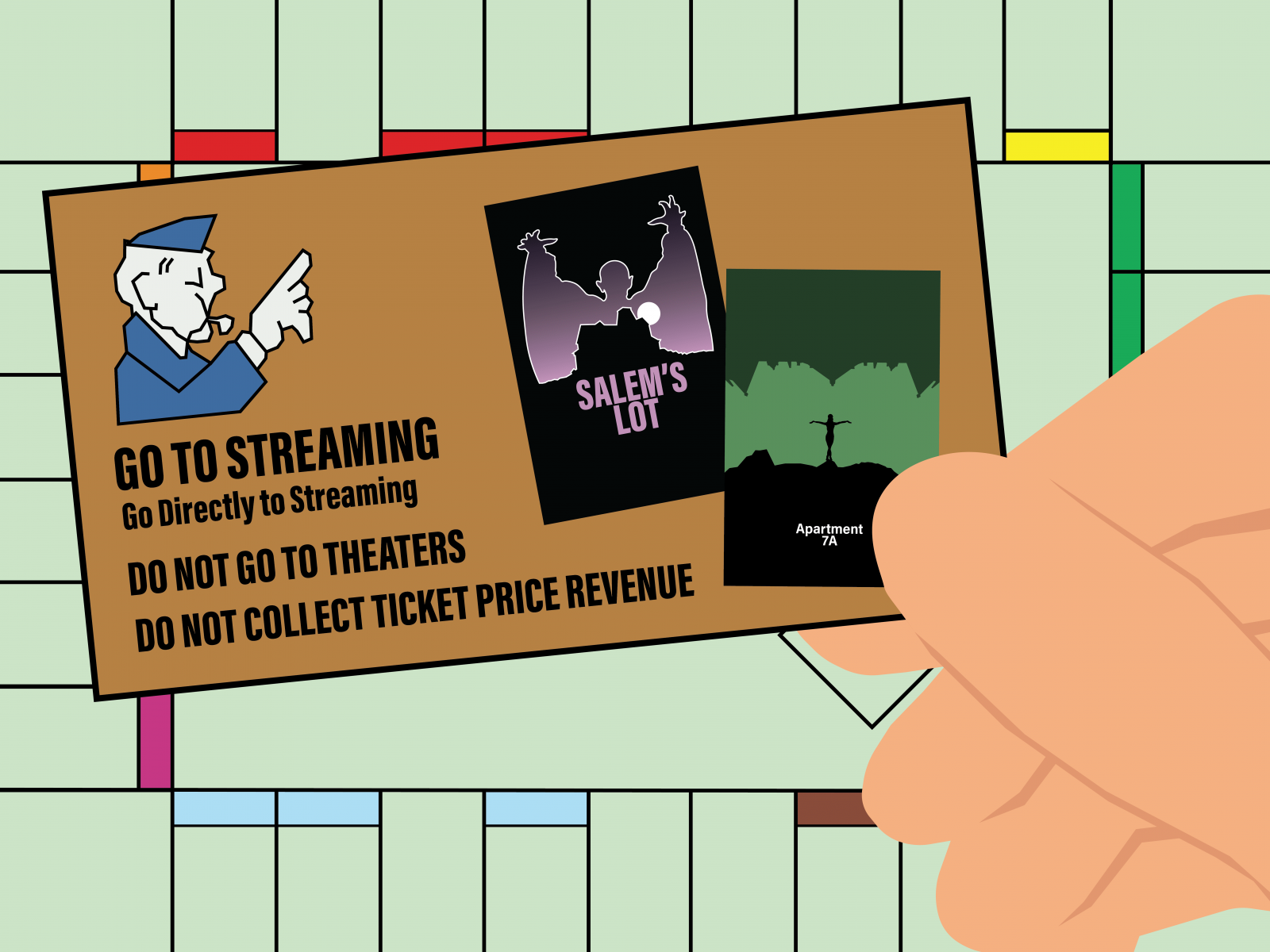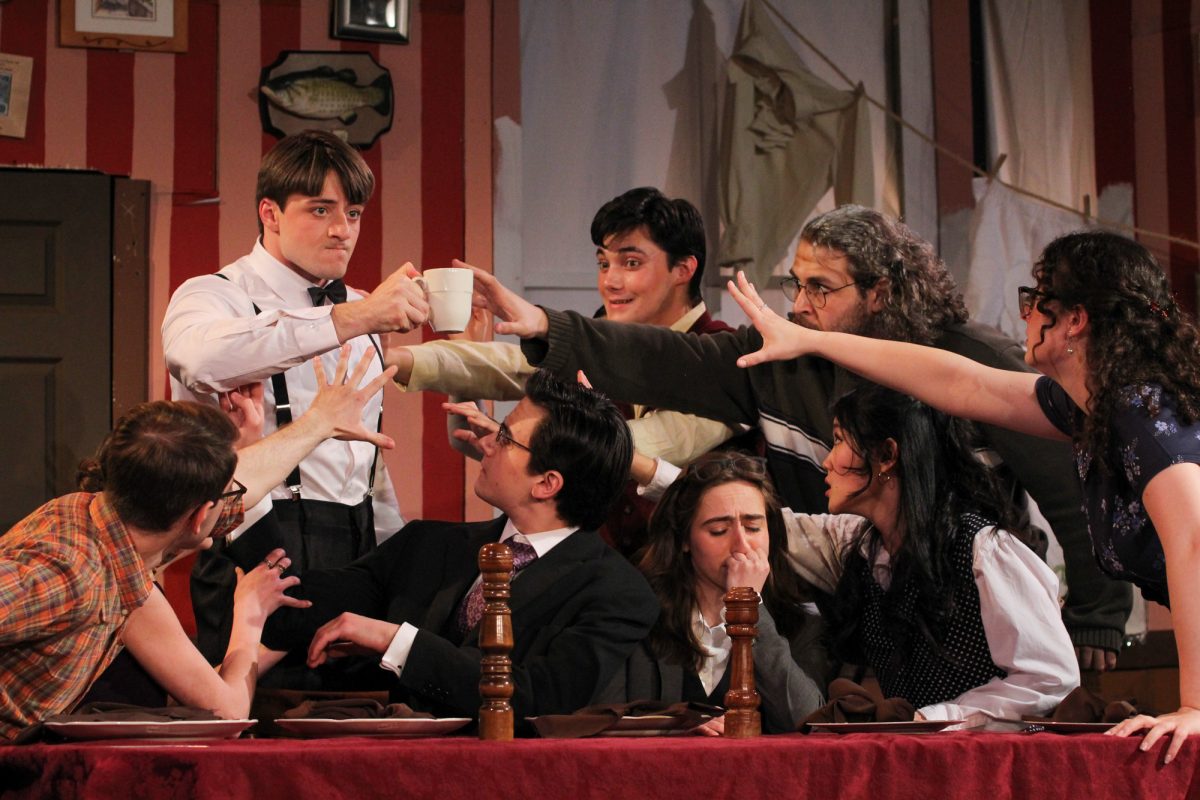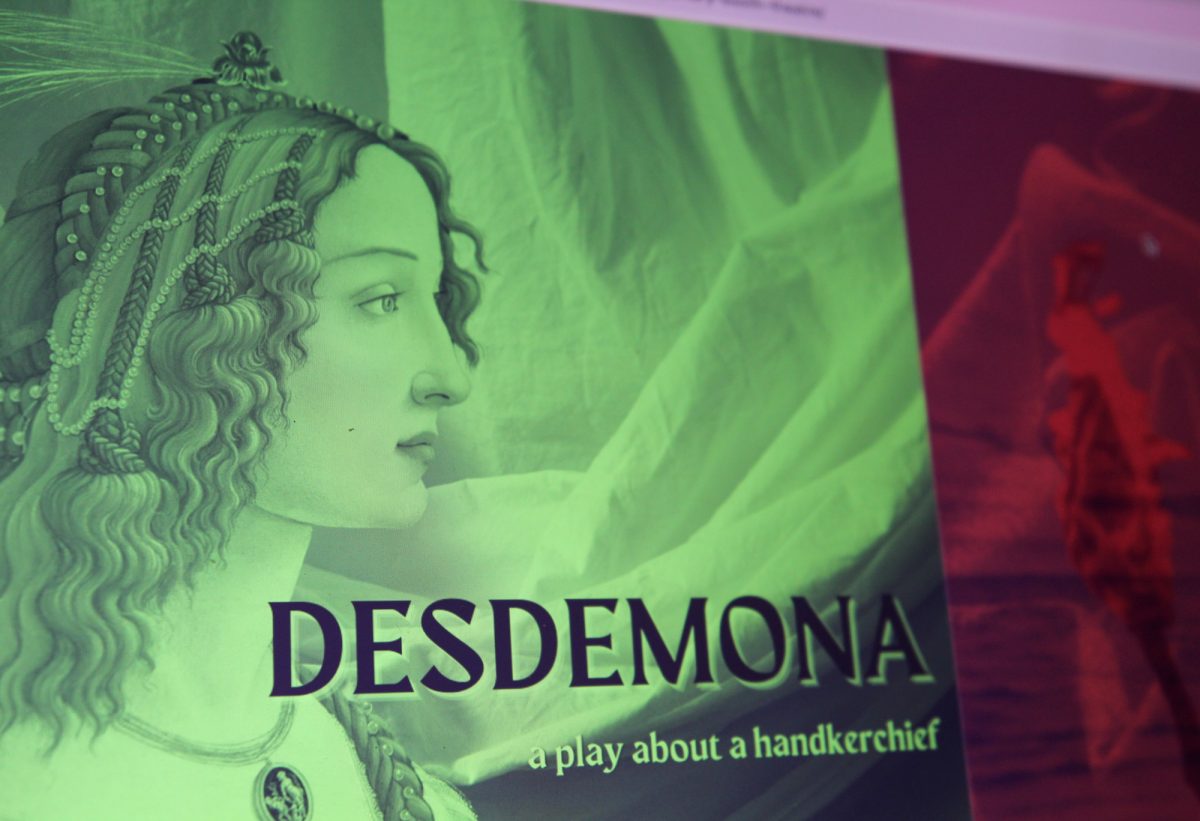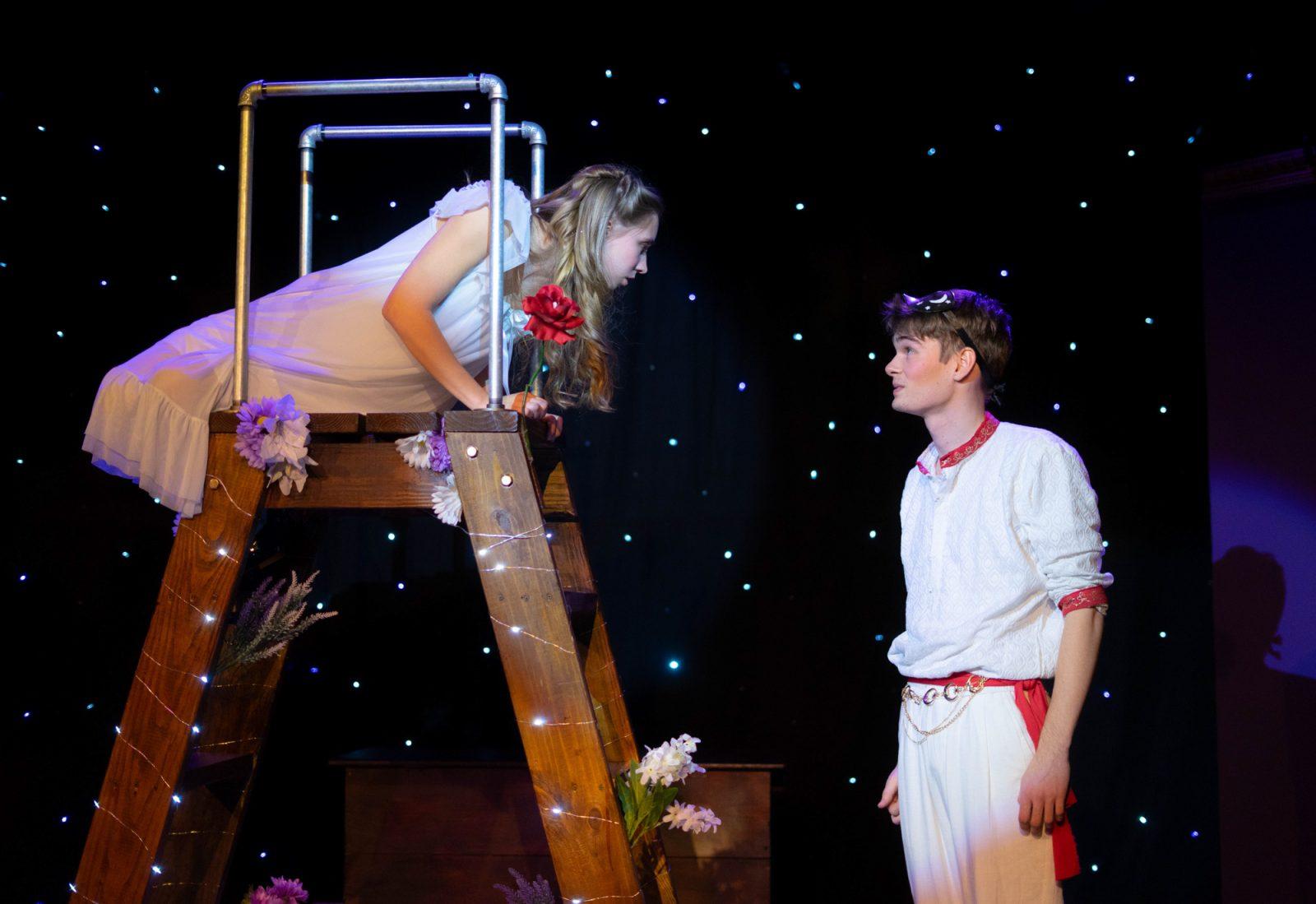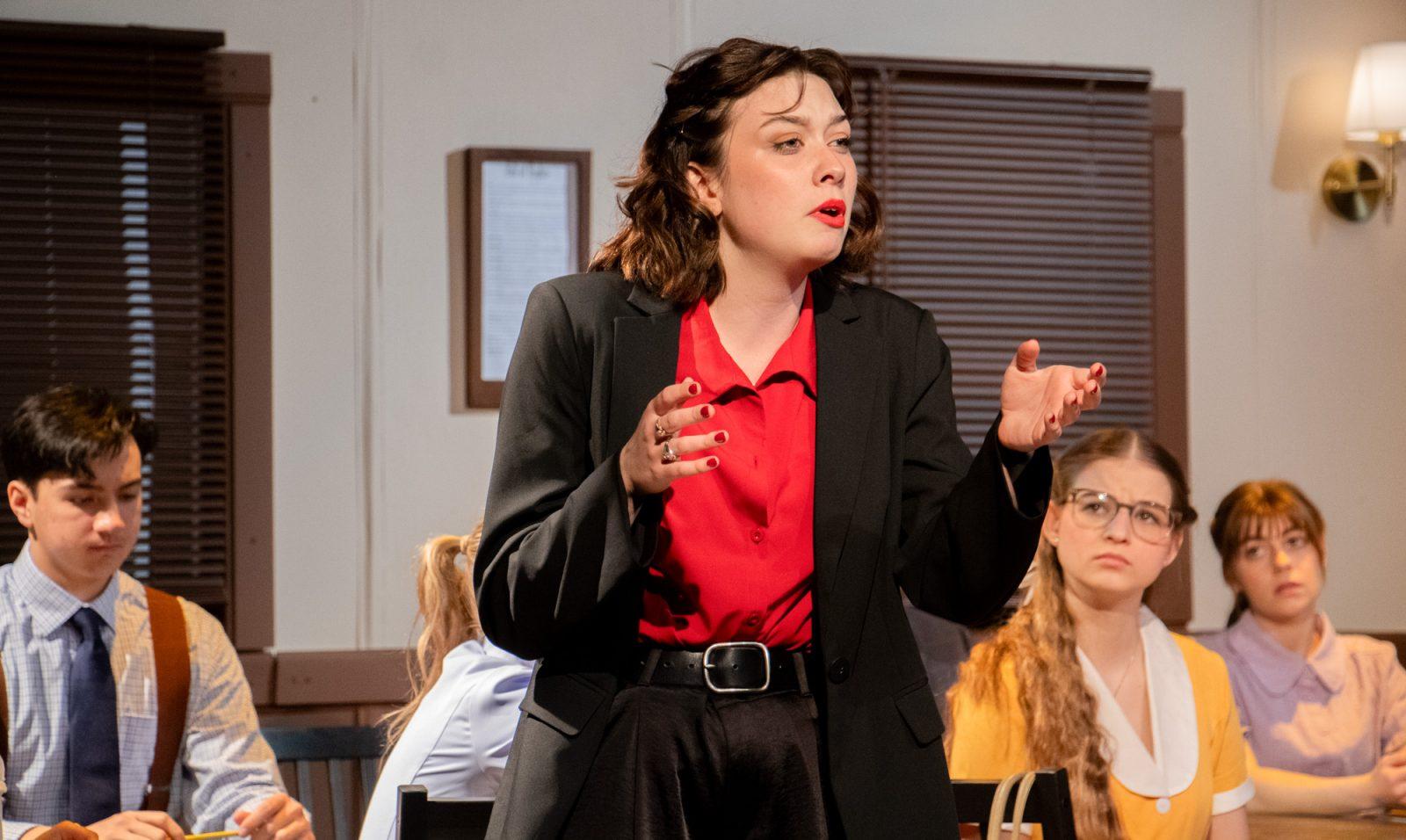The end of the semester bringeth the temporary leave of this column.
Typically, I have written lists in past semesters, highlighting various themes and favorite movies. But I cannot bring myself to potentially bore readers once again because I realized I’ve never discussed my favorite film — in-depth that is.
As a film fanatic, cinephile if you will, I have consumed a massive amount of film, so much so that I question the very existence of my reality by indulging myself in subconscious metaphysical realities.
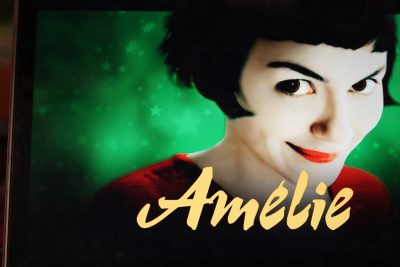
But I digress.
The question “what’s your favorite film” is hard to answer, given the many beloved films in my repertoire. But nothing can come close to Jean-Pierre Jeunet’s 2001 film “Amélie:” aka one of the greatest films ever made.
Written and directed by Jeunet, “Amélie” tells the story of a 20-something Parisian cafe waitress, played by Audrey Tautou, who goes about her daily life bettering the lives of those around her. Anchored by an ominous, unseen deep-voiced narrator, “Amélie” is an abnormal yet incredibly fruitful love story.
What is most noticeable about “Amélie” is the color grading and narrative techniques. The screen is washed in a yellow haze as if in a constant fever dream as characters break the fourth wall, acknowledging the camera and then some.
Jeunet’s style speaks for itself, as comedy lies within the dialogue and action of the characters, most profoundly within Amélie Poulain herself, who simply strives to improve everyone’s day, yet never takes the time to better her own life. It is her sense of selflessness that helps one quite literally fall in love with the character — who wouldn’t want to be helped by a caring and funny and thoughtful person?
That said, the story itself subtly pertains to morbidity, revolving around the titular character’s mother’s death years prior. Don’t worry, that’s not a spoiler. Serious matters are approached with gentle ease and humor. Why linger on dull and serious events when one is surrounded by beauty?
This idea is a recurring theme for Jeunet, who himself seems to have indulged in the matter — finding the beauty in everything around you. And he does so incredibly well. As if attached to the aesthetic of Paris itself, Jeunet transports the viewer to the arrondissement, to not just witness the action but interact with it. With a timeless score from Yann Tiersen, who was criminally excluded from the Academy Award for Best Original Score in 2002, Paris comes to life.
Now I won’t get into too many details about Amélie and her fate, but I will say that as soon as I saw Mathieu Kassovitz, the French actor behind “La Haine,” my heart melted, then was reborn and melted again. Some things just work together, and Tautou and Kassovitz are no exception: The Fantasy vs. Reality scene can be placed in a museum.
I honestly could write a novel on Jeunet’s work because he is one of my favorite directors — one who also doesn’t get the recognition he deserves — but I rest my case on “Amélie” with profound distinction and love for everything it is and will become. It is a film of various emotions, of adventure, of seeking true wonders, but most of all, it is a film for time and time itself.
Pinnacle, paramount and uncontested, Jean-Pierre Jeunet’s “Amélie” is one of the greatest films ever made.



















































































































